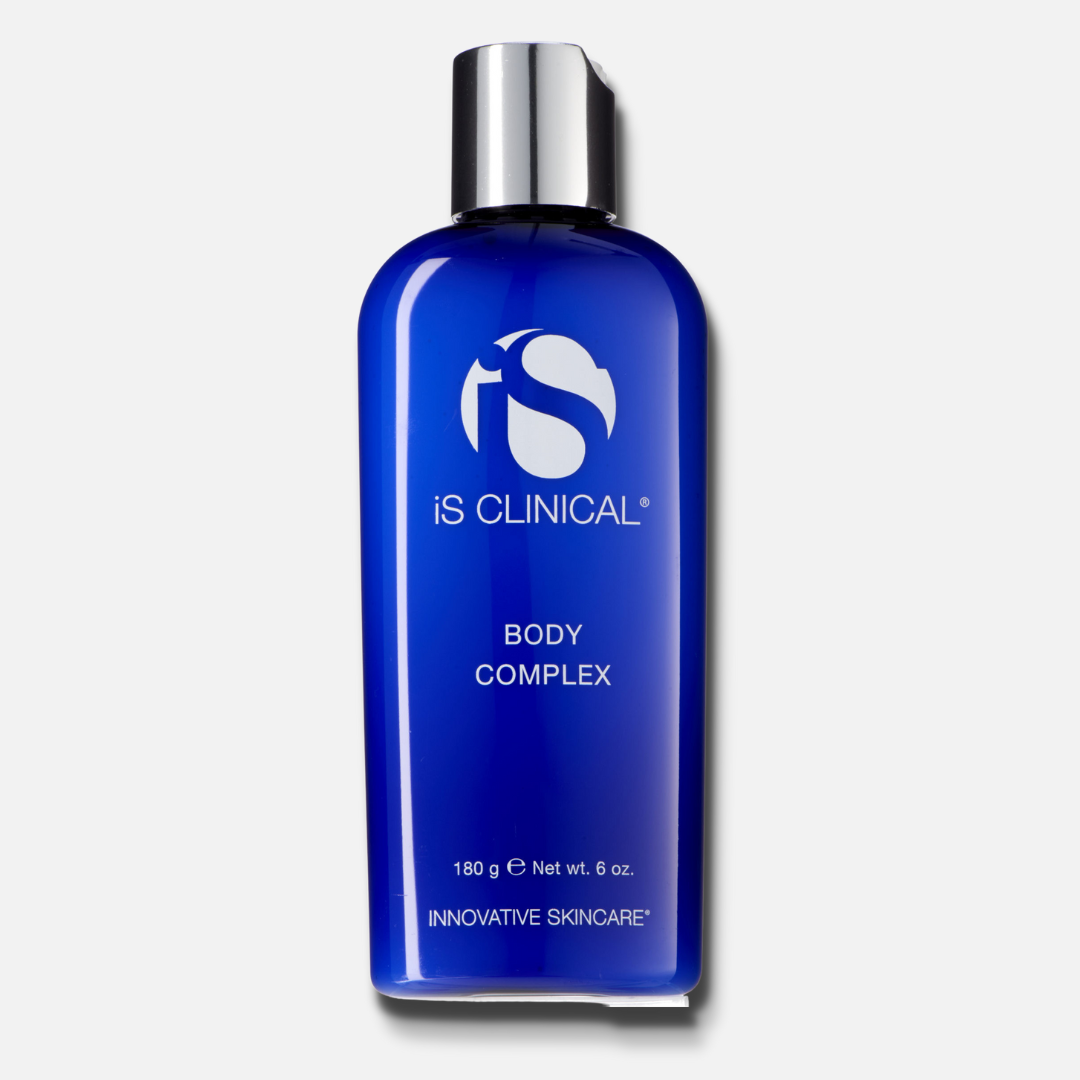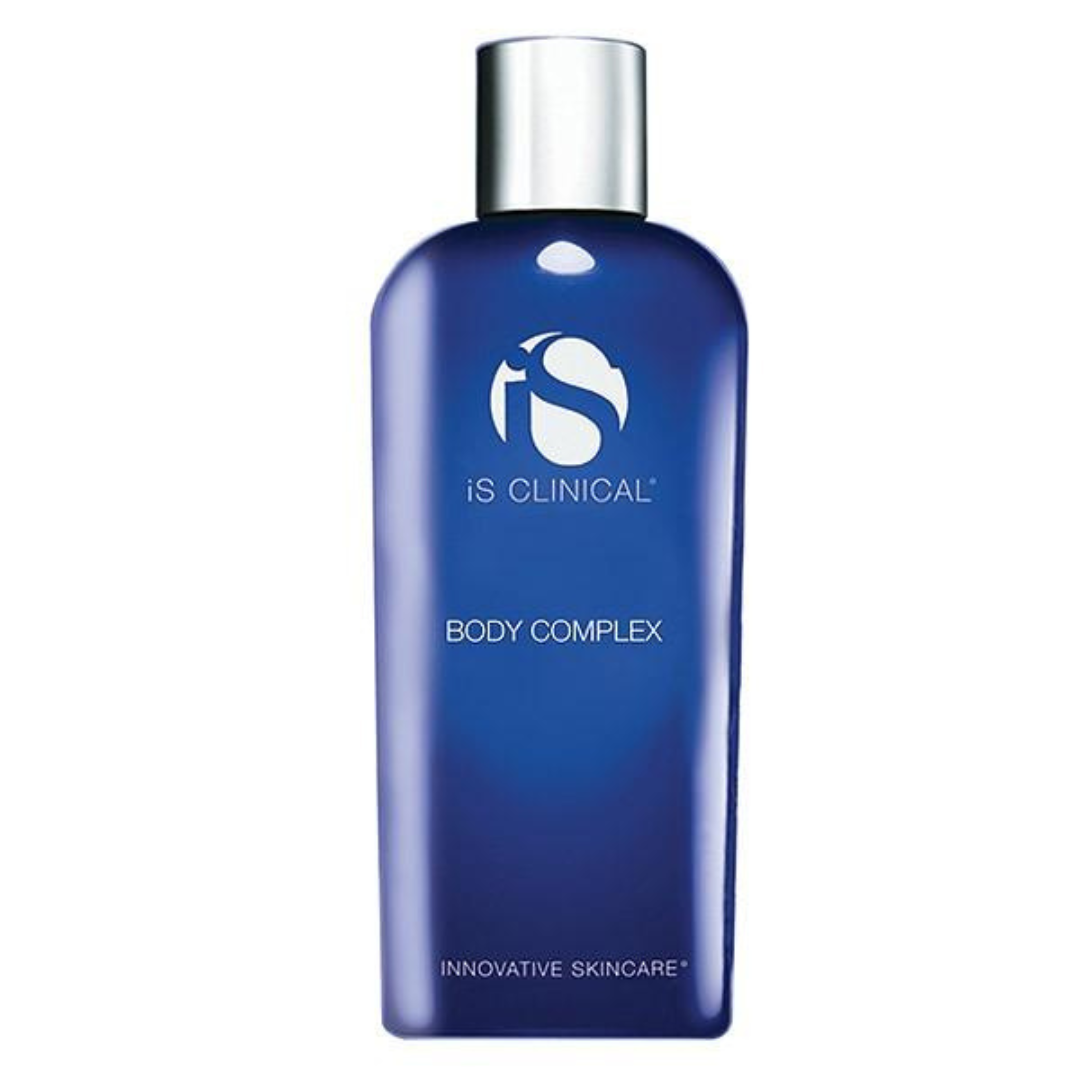PRODUCTS FOR PSORIASIS
Psoriasis is a common and usually long term skin disease that often affects the elbows, knees and scalp but could appear anywhere on the body.
This condition usually causes red, itchy and scaly patches to appear in large rashes. Psoriasis tends to be a cycle condition. It will flare up for a few weeks or months and then go into remission for a while.
A long term cycle will usually cause the skin to become dry, cracked and swollen. The rash like patches can range from just a small area to covering quite a large area of the body like the back.
What causes Psoriasis?
This condition happens when there is a malfunction in your immune system causing your skin cells to turnover at a rapid rate which results in the red patches that are rash like and scaly.
This is not contagious and it is not known why the immune system becomes compromised and does this.
But we do know there are some triggers that contribute in worsening the condition.
- Cold, dry weather can cause a flare up.
- An injury to the skin like a sunburn or cut/scrape to the area of the psoriasis shows up on.
- Any skin infections or strep throat can have an affect.
- Stress, smoking and heavy alcohol consumption are also all contributors to a flare up.
Tips to help your Psoriasis
- To manage your psoriasis at home there are a few lifestyle changes you can make to help.
- Try taking an Epsom salt bath everyday to help with the scales. Immediately after applying an oil based moisturizer or your prescribed cream will help soothe any itch or irritations.
- At night it is best to try and keep your infected areas covered. Apply any creams or ointments you have specifically for the psoriasis and cover over with plastic wrap to help keep it protected.
- Try to reduce any stress you may have in your everyday life. Meditation and exercise can help reduce stress as well as deep breathing and yoga.
- Reduce alcohol consumption and stop smoking.
- Being active and eating well can help your psoriasis stay in remission.
- Figuring out your triggers and taking steps to prevent and avoid them is the best way to help keep your skin condition from flaring up.

 Vendor:iS Clinical Body ComplexBeautology Online
Vendor:iS Clinical Body ComplexBeautology Online
